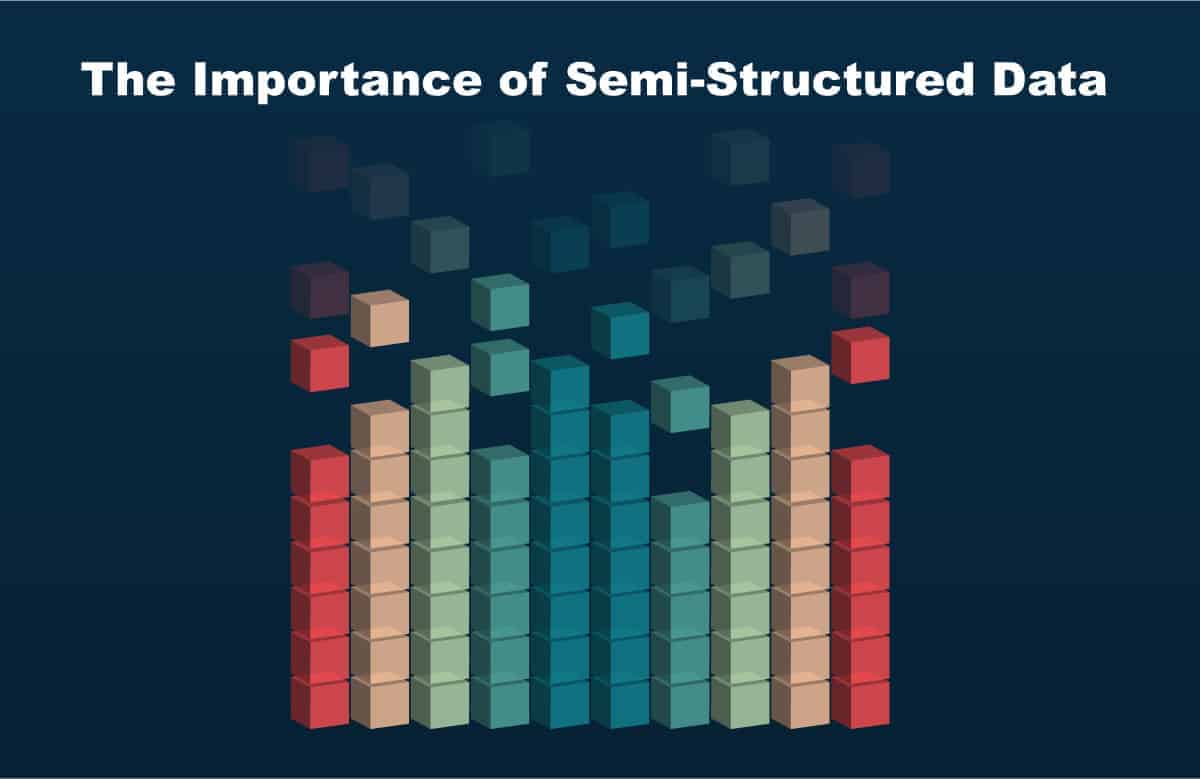Semi-structured data is a type of data stored in a format or structure that is partially determined by the user/owner. This allows the data to be self-describing and flexible enough for quick and convenient access. Unlike structured data, semi-structured data typically does not require a pre-defined data model and does not typically follow a strict data organization.
The primary benefit of semi-structured data lies in its versatility and flexibility. It can be stored in a variety of formats, including databases, XML, HTML, JSON, object databases, and even plain text. Additionally, the structure of semi-structured data is not limited by rigid data models and hierarchical structures; instead, it is open for modifications or additions to accommodate changes in data. This makes it ideal for dynamic applications and analytics.
In computing, semi-structured data is often used in web applications, such as web services, online stores, auction websites, message boards, and other distributed applications. Additionally, it is widely used in parallel and distributed computing architectures, such as Hadoop and Spark, and in big data analytics applications.
In cybersecurity, the ability to quickly and easily search and analyze semi-structured data is invaluable, as it can contain valuable information to better understand, predict, and mitigate cyber threats. Semi-structured data can also be used to detect and actively block malicious activities, including malware, intrusion policies, and other unauthorized activities.
Despite its potential for versatility, semi-structured data can be difficult to manage due to the lack of structure. As a result, data mapping and structuring tools must be used to normalize semi-structured data and ensure its quality and integrity. In addition, the security of semi-structured data must be carefully managed to prevent unauthorized access and manipulation.
In summary, semi-structured data is a type of data that is partially determined by the user or owner, and it is used in web applications, distributed systems, big data analytics, and cybersecurity. It is highly versatile and flexible, but it also requires data mapping and structuring tools to ensure its quality and integrity, and its security must be carefully managed.






